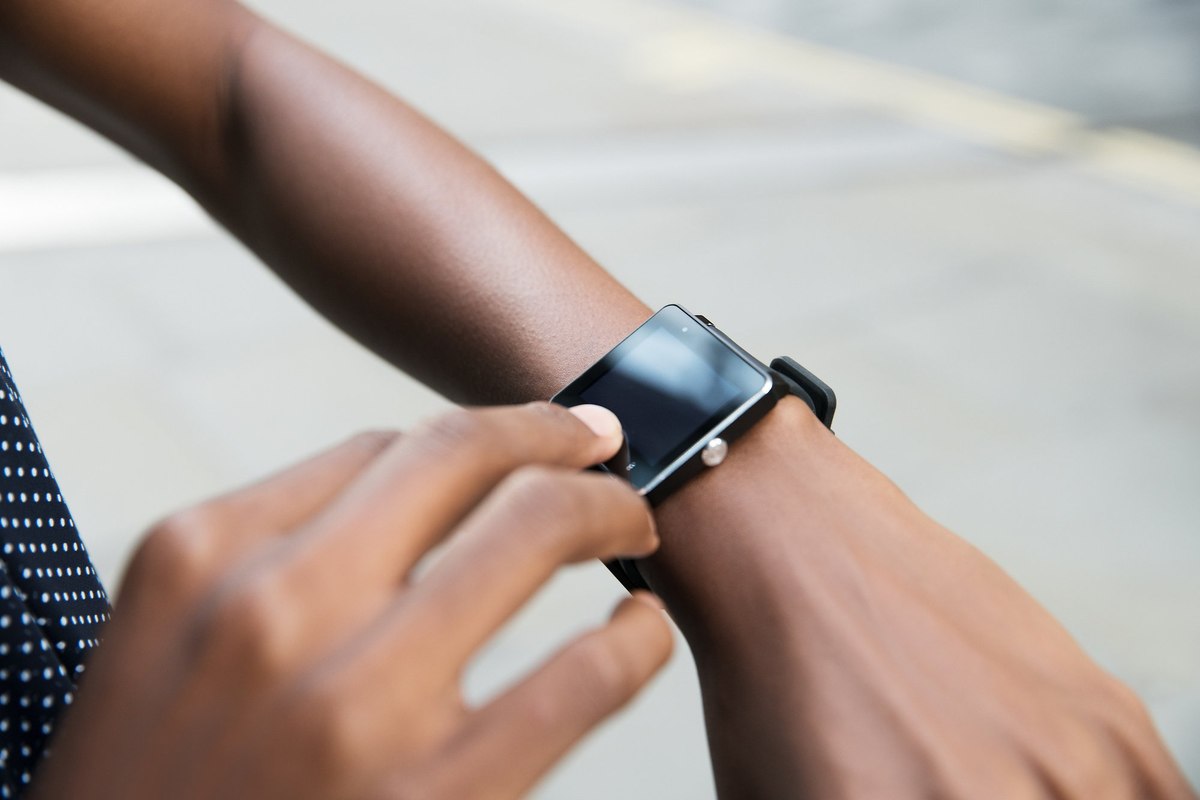
AI on your wrist (and everywhere else): Consumer views on AI wearables
Artificial intelligence (AI) has become a ubiquitous term in recent years, moving from the pages of science fiction to being a tangible part of our lives. YouGov has delved into various aspects of AI in previous polls, from perceptions and predictions of AI’s impact and how AI is being used in the workplace to whether consumers believe we have a moral responsibility to treat AI well.
Continuing this exploration of AI’s potential, a new poll from YouGov sheds light on consumer attitudes towards the use of AI in wearable technologies – a rapidly developing sector with devices ranging from smartwatches to pins, pendants, and glasses.
A force for good or bad?
The AI wearable space is welcoming new entrants and familiar tech brands. California startup Humane's Ai Pin, a voice-controlled device with a projected interface, aims to be a personal assistant. It joins established players like Meta (with Ray-Ban smart glasses) and Chinese companies TCL and Oppo, all offering AI-powered spectacles with voice-controlled chatbot functionality.
But are consumers concerned over the potential impact of these new technologies?
The research reveals a divided public. While 18% of US consumers believe the use of AI in wearables will have a mostly positive effect, with benefits likely outweighing drawbacks, a larger segment – 31% – anticipates a primarily negative impact.
However, a significant portion of the population, at 28%, remains cautiously optimistic, acknowledging both potential benefits and drawbacks inherent to this new technology.
Consumer privacy emerges as a major concern surrounding AI wearables. The poll indicates that 72% of US adults are either very or somewhat concerned about AI wearables protecting user privacy. This concern becomes even more pronounced among older demographics, with 80% of Gen X expressing apprehension about the technology.
And while a majority of Gen Z (61%) also voice concerns, they exhibit a significantly lower level of anxiety compared to older generations. The generational gap may be because Gen Z, having grown up in a world saturated with technology and connectivity, possesses a different level of tolerance for privacy issues.